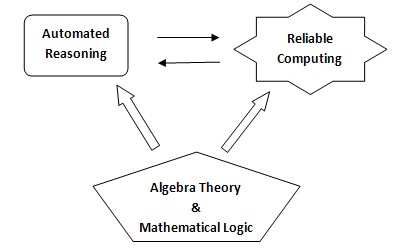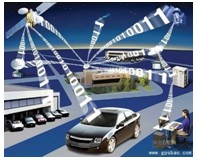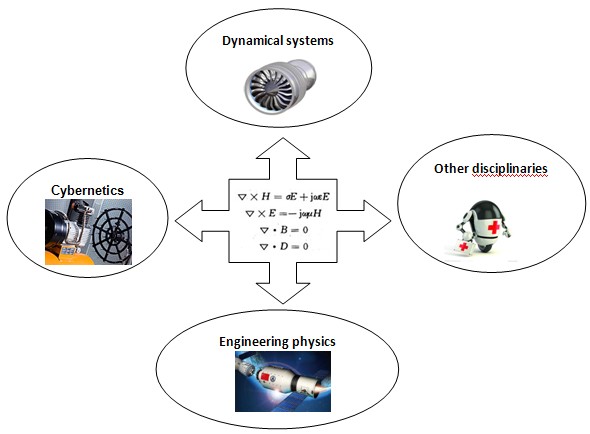| Location: Home > Department > Tech. Research Institute > Automated Reasoning and Cognition Center |
| Automated Reasoning and Cognition Center |
|
|
About
The Automated Reasoning and Cognition Center (ARCC) gathers 9 faculties and researchers, with 8 graduate students and 2 guest professors, including an academician of CAS and a chief scientist of a knowledge innovation project of CAS. Its predecessor was the Automated Reasoning Laboratory before March 2012, in Chengdu Institute of Computer Applications, CAS. Over the past 30 years, it had earned a prestigious reputation among the Chinese’s leading computer scientists, mathematicians and engineers in automated reasoning. ARCC was funded by two National Climb projects, two 973 projects, and many other key basic research projects, including NSFC, the knowledge innovation project of CAS, etc. In last 5 years, the lab was funded from different grant resources over RMB 16 million. At the same time members of ARCC won a National Natural Science Award, National Science and Technology Progress Award, two "May Day" Labor Medals, two Natural Science Prizes of CAS, and a number of other awards in provincial level. ARCC performs fundamental research and development in intelligent algorithm and software, focusing on automated reasoning, reliable computing, numerical solving of nonlinear differential and algebraic equations and their applications. Research Our research is focusing on several key topics in the interdisciplinary of mathematics, computer science and advanced manufacturing. Automated Reasoning In the area of automated reasoning, ARCC mainly focus on the automated reasoning algorithms, especially the efficient algorithms for real algebraic geometry and for non-Tarski’s geometry. Meanwhile, ARCC studies the correctness and effectiveness of computing as well, specifically including the theories and applications in error controllable symbolic-numeric computation, lattice reduction and its applications.
Trustworthy Computing
Trustworthy computing usually refers to a computing platform based upon the sound hardware modules, which is widely used in digital signature, biometric recognition, grid computing and so on. There are several aspects of the investigation of trustworthy computing, for instance, conceptual model with trusted characteristics, formal systems, asymptotic approximation theory, approximate and evolution reliability theory. ARCC aims to the fundamental study of reliability and effectiveness of program and embedded software, and their modelling and verification. The investigation includes the safety analysis and verification of safety-critical systems, the correctness analysis of program and the specification verification of embedded system.
3. Multi-domain Unified Modeling and DAE Solving ARCC investigates the basic problems in Multi-domain Unified Modeling (MUM) and applies the efficient algorithms to industrial design. These include, but are not limited to: Large scale DAE solving: simplification, reduction, numerical solving, Coupling of multi-physics and decoupling Industrial design based on geometry reasoning Physics driven design and optimization
|




